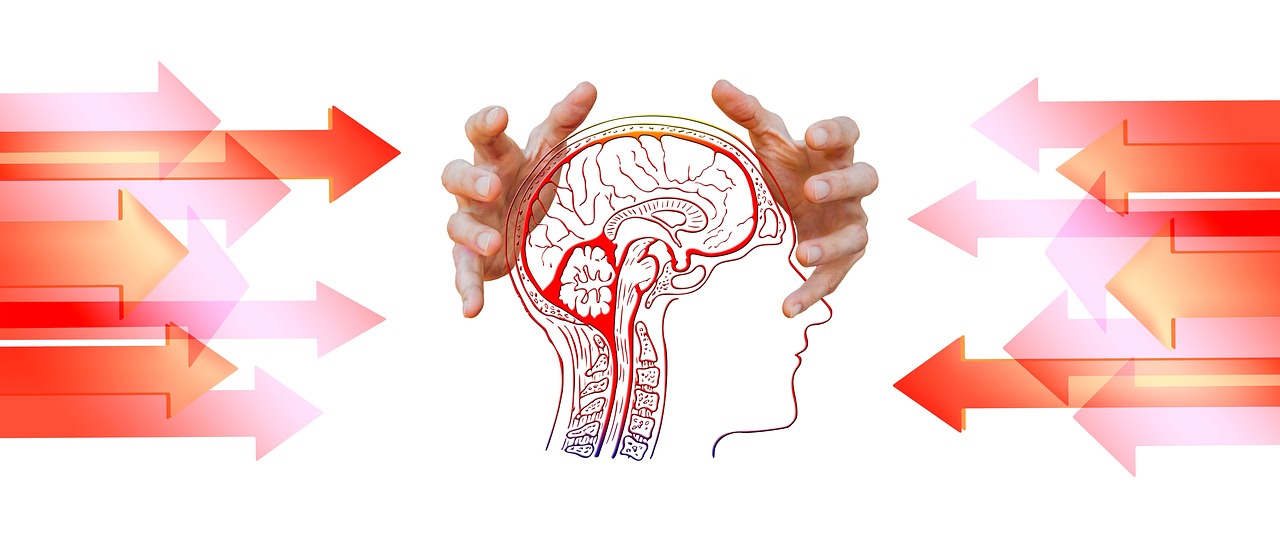
Can Artificial Intelligence Help Diagnose Alzheimer’s?
The answer is yes. A recent study has shown that artificial intelligence (AI) can spot Alzheimer’s six years earlier than doctors. This is a huge development in the fight against this debilitating disease that affects 5.7 million adults. If you have a loved one in hospice who’s suffering from dementia in San Francisco and elsewhere, this gives you hope for the future of diagnosis possibly in yourself and your children.
The above-mentioned study (published in the journal “Radiology”) goes on to say that the artificial intelligence (AI) learning program in question was able to catch subtle cues in brain scans, allowing it to predict the onset of Alzheimer’s in patients up to six years before doctors could make a similar diagnosis.
Two key takeaways from the study show that:
- AI programs can be used to successfully identify even the earliest signs of Alzheimer’s.
- Earlier detection allows doctors to treat the disease long before it has a chance to develop fully.
A Closer Look
This new AI algorithm, developed by researchers, is able to detect evidence of cognitive decline in brain MRI scans, genetics, and clinical data. That evidence can be used to predict whether findings will result in Alzheimer’s disease several years before symptoms show up. Right now, there are limited ways in which Alzheimer’s can be treated. The best approach currently is prevention. But AI methodology can act as a “doctor’s assistant” in a way, helping guide people onto the right path for treatment.
Study leaders trained their AI algorithm with data from the Alzheimer’s Disease Neuroimaging Initiative via the National Institutes of Health’s National Institute on Aging, according to HealthImaging. The data was pulled from 800 elderly patients who ranged from normal to healthy with mild cognitive impairment. The applied algorithm was subsequently found to accurately predicted cognitive decline that can lead to Alzheimer’s disease in the future.
It’s not always obvious when individuals are in the early stages of Alzheimer’s disease. Over time, in the background, alterations in the brain are being made than can trigger subtle changes in behavior and sleep patterns many years before people experience the obvious signs of dementia, such as confusion and memory loss. Researchers believe artificial intelligence has the ability to recognize these changes early on, identifying patients at risk of developing the worst forms of the disease.
Benefits of Early Diagnosis
Detecting the first indications of Alzheimer’s years before obvious symptoms are present can help pinpoint the individuals most likely to benefit from experimental drugs. This will also allow family members to start planning and budgeting for eventual care. Devices equipped with algorithms such as those mentioned above can be installed in people’s homes or nursing homes to monitor those people who are most at risk. For patients who have already been diagnosed, this technology could assist doctors in making crucial adjustments in their care, according to the MIT Technology Review.
Drug companies also have a vested interest in using machine-learning algorithms so they can search through medical records for patients who would most benefit from experimental drugs. Once people have been placed in a study, AI can tell investigators whether a particular drug is properly addressing their symptoms.
The simple fact is that there’s just no current way to accurately diagnose Alzheimer’s. There is no single test, and the use of brain scans alone cannot determine the presence of the disease. Doctors, instead, must consider a variety of factors, including medical history and observations reported by family members. With machine learning, patterns can be picked up on that would otherwise be missed.
How it Works
There are many forms of AI being studied that can track changes in potential Alzheimer’s patients. One solution is a flat white box that hangs on the wall of an individual’s room. It can detect subtle changes in behavior, sleep patterns and more, using a wireless radio signal that reflects off all objects (including humans) within a 30-foot radius. Every movement can cause a change in the reflected signal — even subtle ones like breathing. Machine-learning algorithms analyze all reflections, recognizing simple motions like walking and falling, ranging to more complex movements such as sleep disturbances.
The device will print a read-out that contains reports on anything from agitation to depression to repeated behaviors, which are all symptoms of Alzheimer’s. When catching deviations early, you’re better able to anticipate and manage them. For example, drugs can be adjusted to prevent agitation of symptoms.
Contact Pathways Home Health and Hospice
We manage many Alzheimer’s patients here at Pathways Home Health and Hospice. We can help your loved one too, thanks to a variety of home health and hospice care services. To learn more, please contact us at 888-978-1306. We offer many services for patients as well as caregivers, from workshops to support groups.

